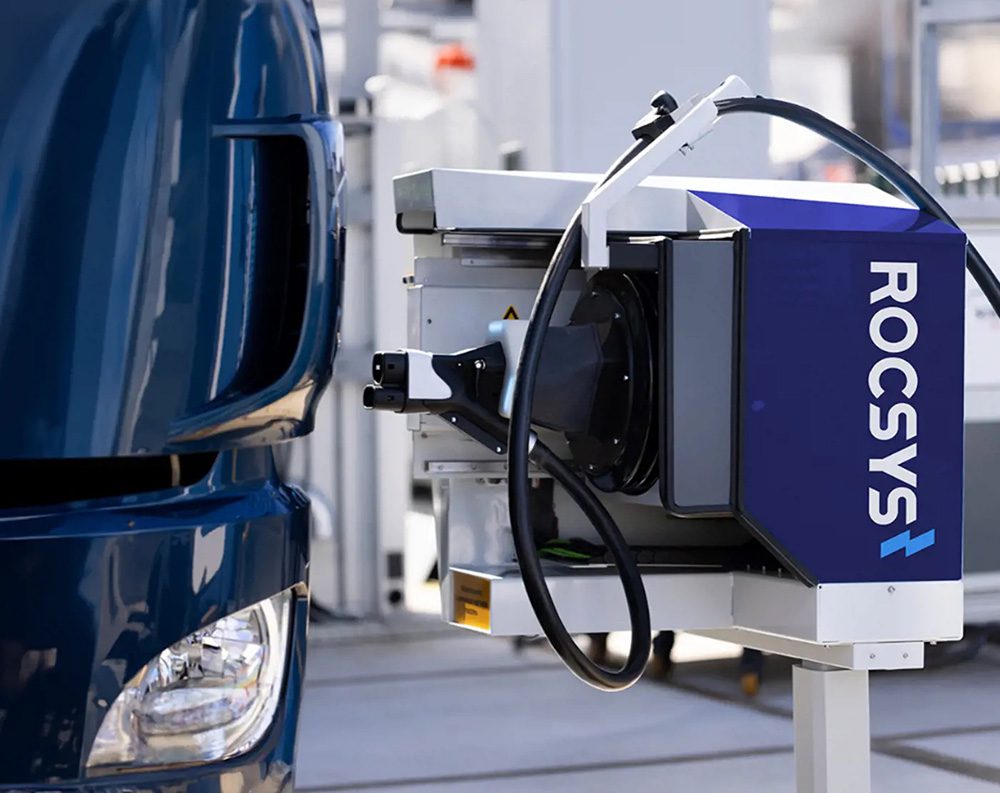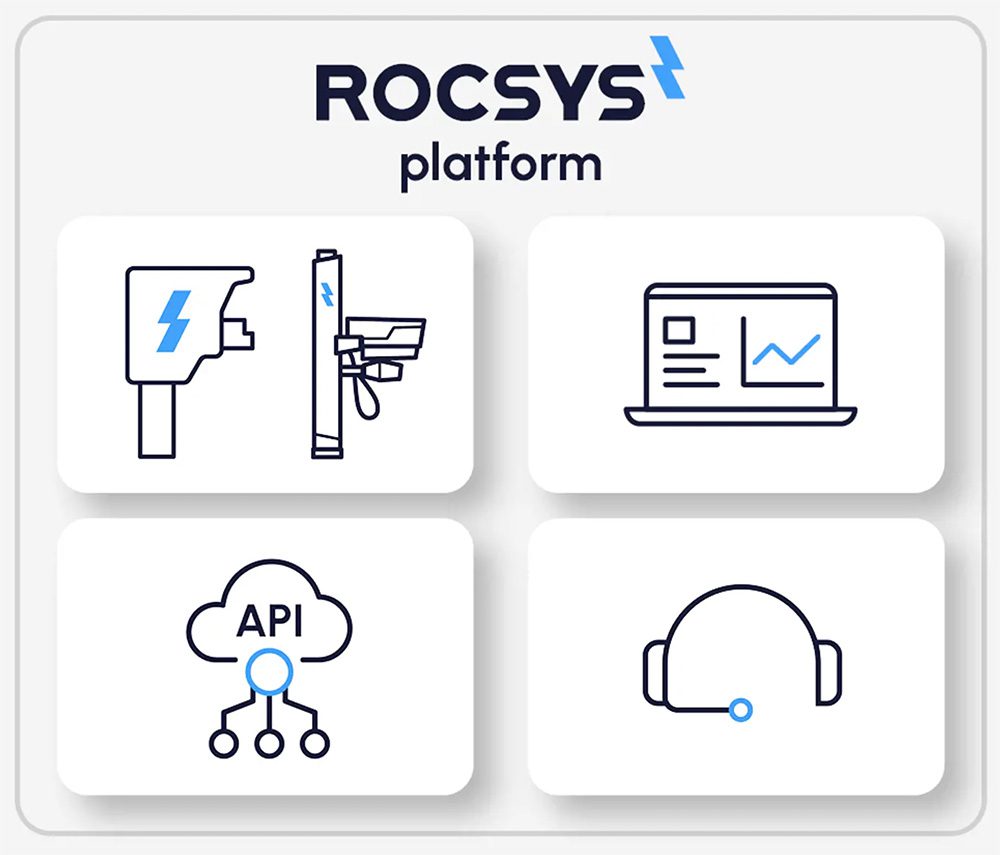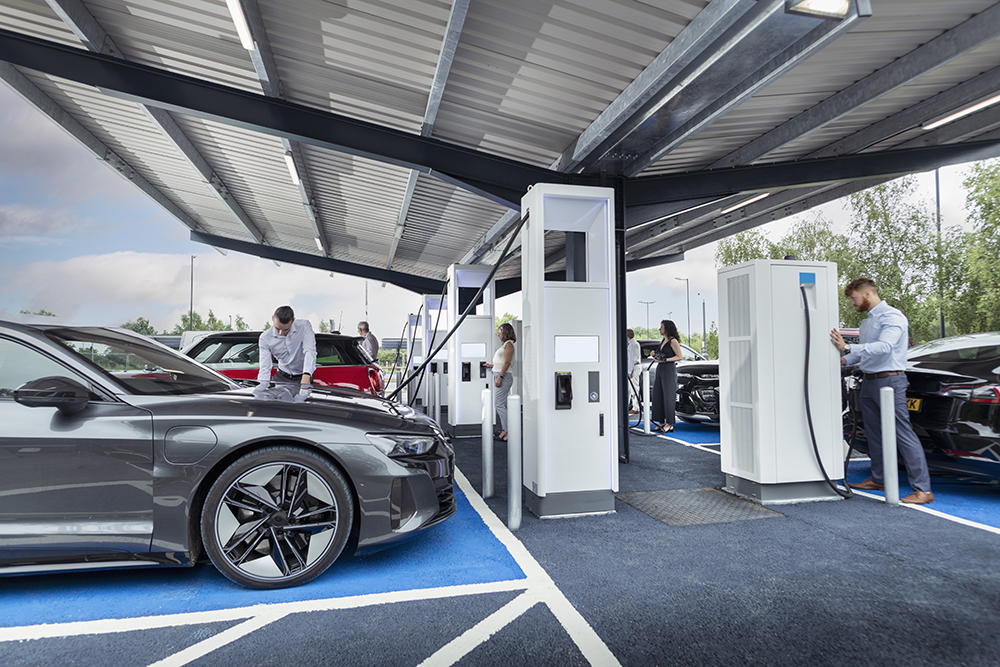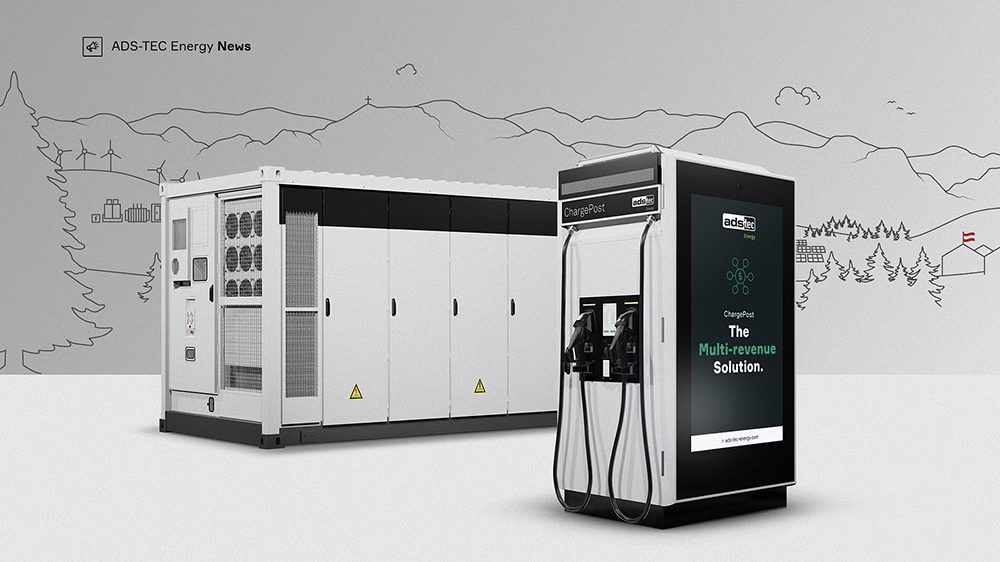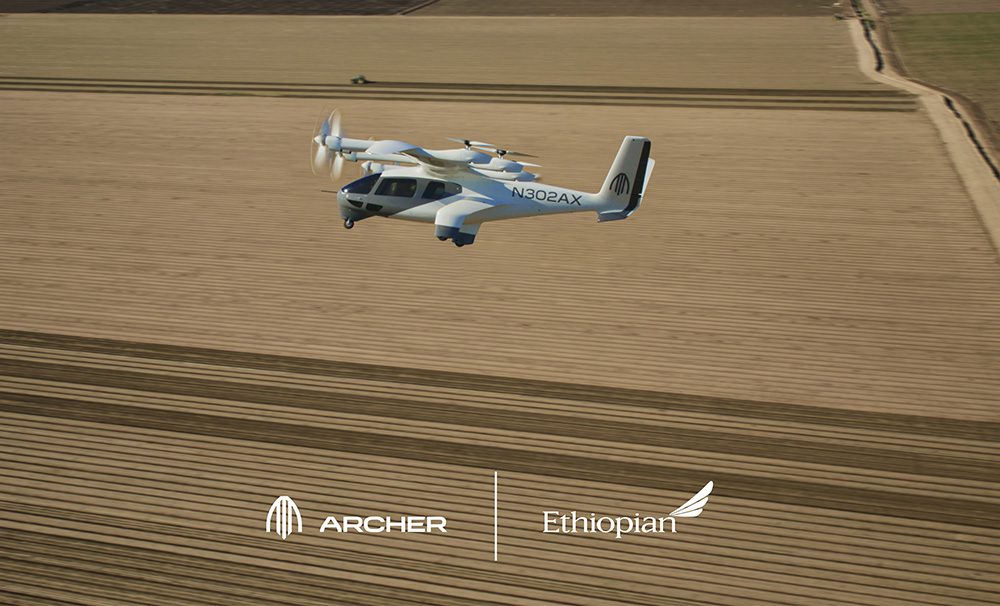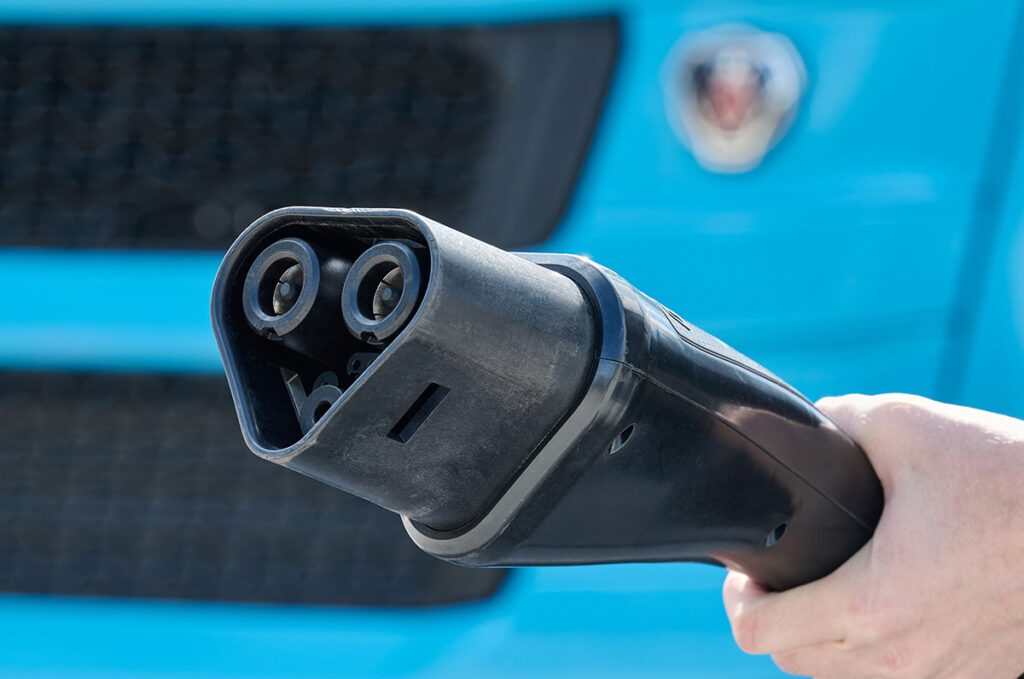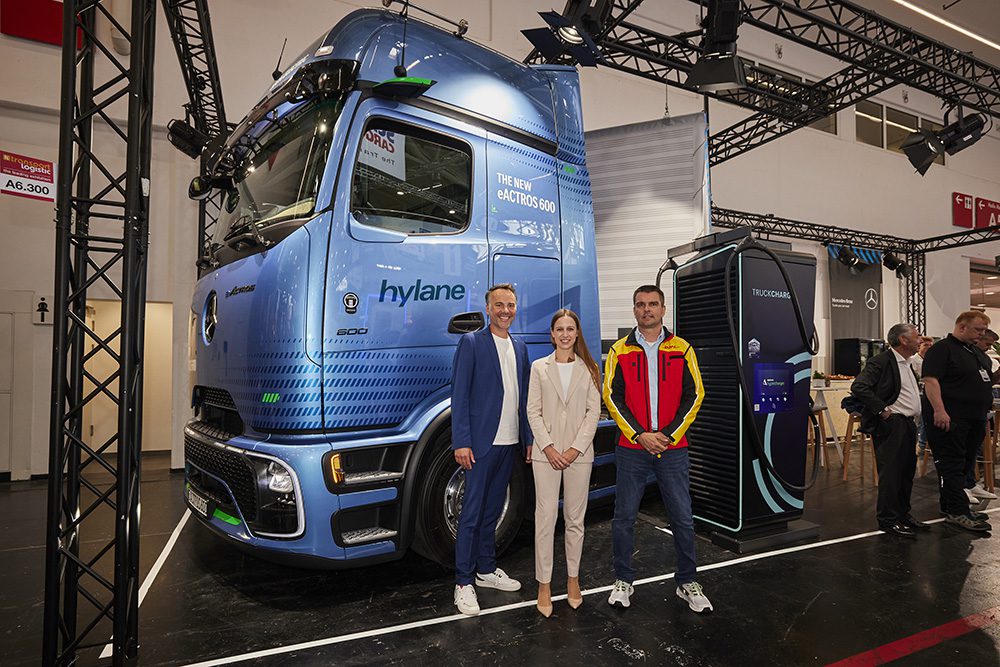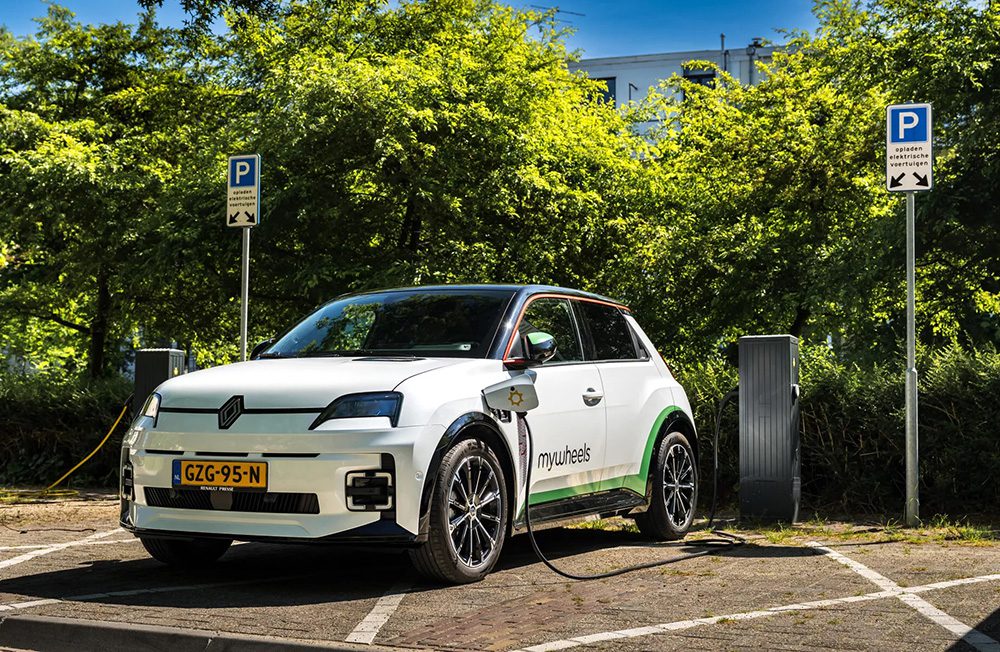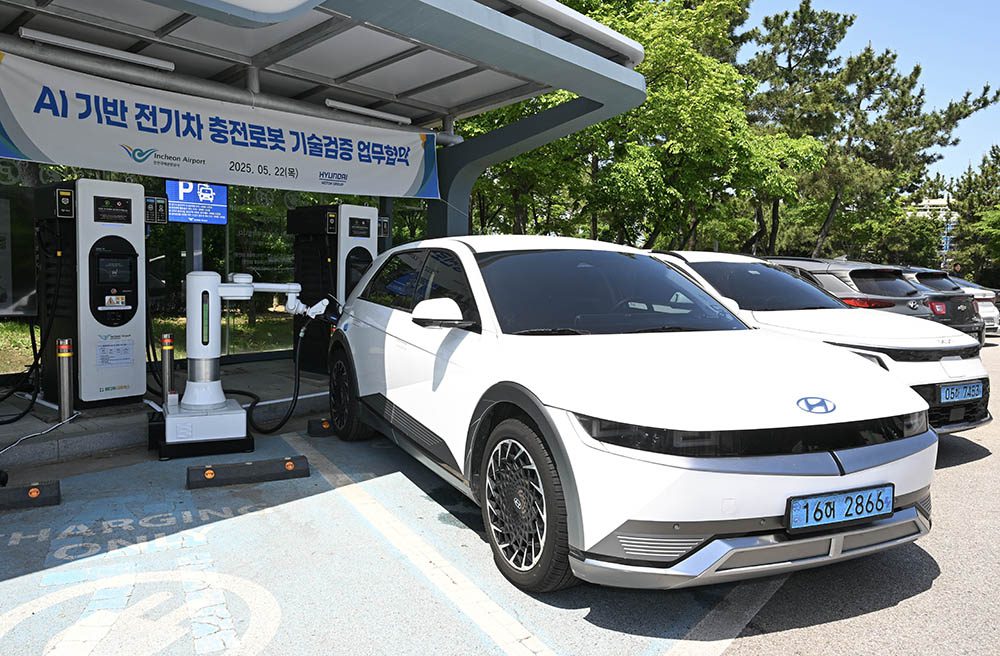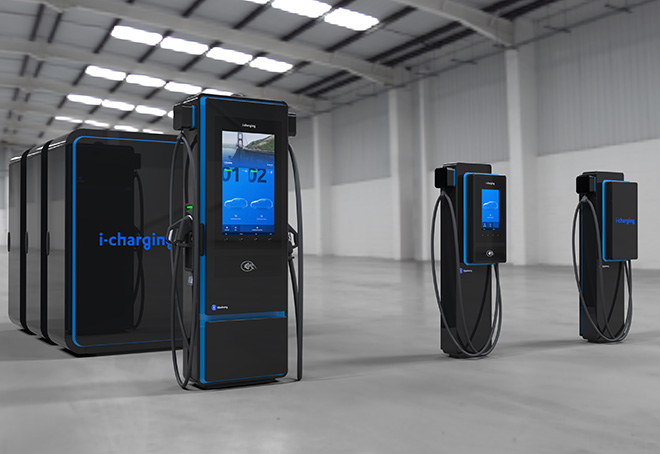Hands-free charging specialist Rocsys has announced the launch of the Rocsys Platform, an integrated solution that combines hardware, intelligent software and proactive support to simplify and scale hands-free charging for autonomous mobility. Designed to meet the demands of 24/7 autonomous operations, the Rocsys Platform is designed to ensure that electric vehicles are always charged, connected and ready when operators need them.
Rocsys works with customers in the robotaxi, logistics and ports sectors, including operators such as port terminal operator APM Terminals MVII; autonomous vehicle solution providers such as EasyMile and embotech; and vehicle OEMs like Hyster, DAF and Autocar.
As vehicles move toward full autonomy, infrastructure must evolve with them, Rocsys tells us. “Current charging systems are built on the outdated assumption that a human operator should always be present. Manual charging is time-consuming, labor-intensive, error-prone, and incompatible with the scalability that autonomous fleets demand. A manual charging process negates the benefits of otherwise autonomous systems by introducing a human bottleneck.”
The Rocsys Platform boasts seamless integration with existing vehicle and infrastructure setups without the need for a retrofit, and is designed to deliver compatibility across all vehicle types and charging brands.
The Rocsys Platform includes four key components:
- Rocsys Steward—an automatic connection device powered by computer vision and machine learning. It autonomously detects vehicle arrival, opens the charging port, plugs in safely, charges, and unplugs.
- Rocsys API—enables integration with IT systems such as Terminal Operating Systems (TOS) and Fleet Management Systems (FMS).
- Rocsys Portal—an operational dashboard providing real-time data-driven insights into charging activities.
- Rocsys Proactive Care—A 24/7 support service offering remote performance monitoring, computer vision performance updates, remote troubleshooting and proactive maintenance.
Crijn Bouman, co-founder and CEO of Rocsys, said, “The infrastructure that supports existing passenger and logistics vehicles was built for humans, but as we enter a new age of autonomous transport, we need to provide a platform on which these systems can scale. Our Rocsys platform will be the foundation that will power these autonomous vehicles. By combining our market-leading technology with a deep understanding of how these operations work, we serve the needs of both people and businesses while guaranteeing that vehicles are ready and charged when businesses need them.”
Source: Rocsys






